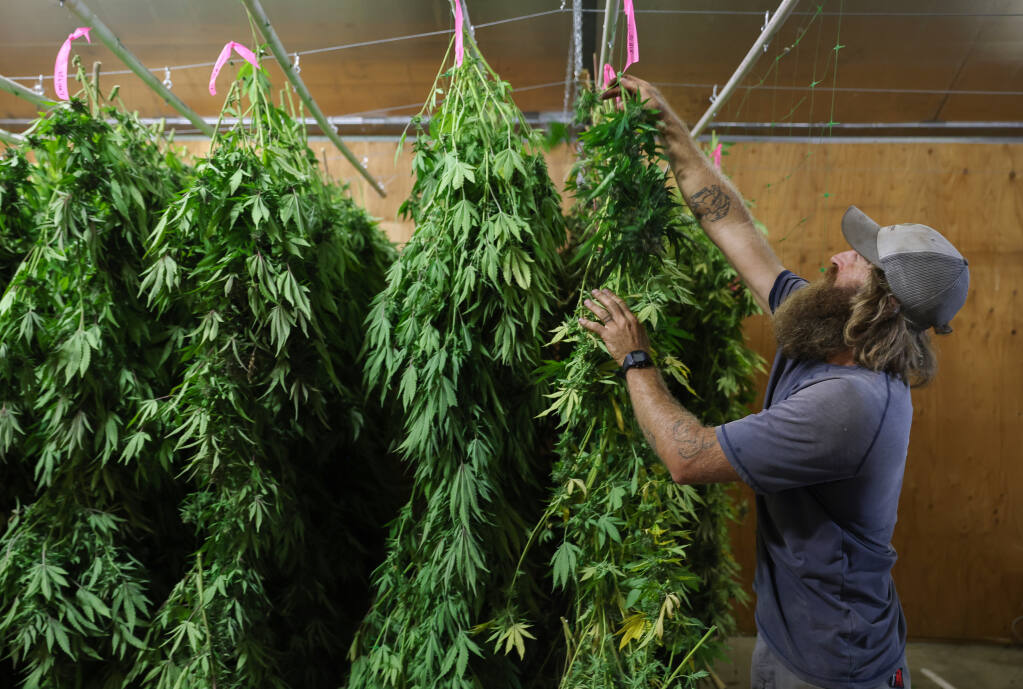When Cost Savings Are a False Economy for Hard-Pressed Cannabis Operators
LOS ANGELES-In the fast-evolving cannabis industry, operators are constantly seeking ways to stay competitive and maximize profits. Amidst the pressure to cut costs and increase efficiency, it’s easy for cannabis operators to fall into the trap of pursuing cost savings at any cost. However, not all cost-saving measures are created equal, and what may seem like a prudent financial decision at first glance can turn out to be a false economy that ultimately harms the bottom line and reputation. In this article, we will explore the scenarios in which cost savings can be detrimental for hard-pressed cannabis operators and how they should approach cost management more strategically.
- Quality Control and Product Integrity
One of the most significant pitfalls cannabis operators face when seeking cost savings is compromising on product quality. Quality control is paramount in an industry where consumers expect consistency and safety. Cutting corners on quality assurance processes, such as testing, can lead to contaminated products, inconsistent potency, and, worst of all, harm to consumers.
In the long run, sacrificing product quality to save on testing costs can result in recalls, lawsuits, and damage to a brand’s reputation. For cannabis operators, ensuring product integrity should always take precedence over short-term cost savings.
- Compliance and Regulatory Risks
The cannabis industry is highly regulated, with strict compliance requirements at the federal, state, and local levels. Cutting costs by skirting regulatory compliance is a dangerous path that can lead to significant legal and financial consequences.
Operators must invest in compliance, including licensing fees, security measures, and adherence to good manufacturing practices. Failing to comply with regulations can result in hefty fines, license suspensions, or even criminal charges. The cost of regulatory non-compliance far outweighs any potential savings from avoiding these critical obligations.
- Skimping on Security
Security is a top priority in the cannabis industry, given the valuable nature of the product and the potential for theft or diversion. Hard-pressed operators may be tempted to reduce security spending to save money, but this can have dire consequences.
Insufficient security measures can lead to theft, loss of inventory, and potential violence. Additionally, inadequate security can put employees and customers at risk. It’s crucial for operators to invest in robust security systems and personnel to protect their assets, employees, and the public.
- Employee Training and Retention
Employee training is another area where cost savings can become a false economy. In a competitive job market, operators may be tempted to reduce training budgets or hire less experienced staff to cut labor costs. However, this can result in decreased productivity, higher error rates, and high employee turnover.
Experienced and well-trained staff are essential for delivering consistent quality and ensuring customer satisfaction. Investing in employee development and retention programs can yield long-term benefits, including improved customer loyalty and reduced recruitment costs.
- Marketing and Branding
In an effort to save money, some operators may skimp on marketing and branding efforts. However, in a crowded and competitive market, strong branding and effective marketing campaigns are essential for attracting and retaining customers.
Neglecting marketing and branding can lead to decreased visibility, a weaker market position, and reduced sales. It’s essential for cannabis operators to strike a balance between cost-saving measures and maintaining a strong brand presence in the marketplace.
- Innovation and Product Development
The cannabis industry is continually evolving, with new products and technologies emerging regularly. Operators who focus solely on cost savings may overlook the importance of innovation and product development. This can result in a stagnant product lineup that fails to meet changing consumer preferences.
Investing in research and development, product innovation, and staying up-to-date with industry trends is crucial for long-term success. Cannabis operators should view these expenditures as investments in their future competitiveness rather than unnecessary costs.
- Sustainability and Environmental Responsibility
While sustainability initiatives may require upfront investments, they can lead to long-term cost savings and a positive brand image. Some operators may neglect sustainability efforts in the pursuit of short-term financial gains, but this can be detrimental in the long run.
Sustainability practices, such as energy-efficient cultivation methods and eco-friendly packaging, can reduce operational costs and appeal to environmentally conscious consumers. Failure to embrace sustainability can result in higher operating costs and a negative perception among consumers.
- Short-Term vs. Long-Term Perspective
One of the fundamental mistakes cannabis operators can make is focusing solely on short-term financial results. While immediate cost savings may provide a temporary boost to profitability, it’s essential to consider the long-term implications of these decisions.
A myopic approach to cost savings can lead to diminished brand value, increased risks, and missed growth opportunities. Operators should adopt a more balanced perspective, taking into account the potential long-term consequences of cost-cutting measures.
In the highly competitive and rapidly evolving cannabis industry, the pressure to cut costs can be intense. However, operators must recognize that not all cost-saving measures are beneficial in the long run. Sacrificing product quality, regulatory compliance, security, employee training, marketing, innovation, sustainability, and long-term planning can result in significant harm to a cannabis business.
Instead of blindly pursuing cost savings, operators should adopt a strategic approach to cost management. This involves evaluating the potential risks and benefits of cost-saving measures and prioritizing those that support the company’s long-term viability and reputation. In the cannabis industry, where quality, compliance, and consumer trust are paramount, the pursuit of cost savings should always be tempered by a commitment to excellence and responsibility.




































